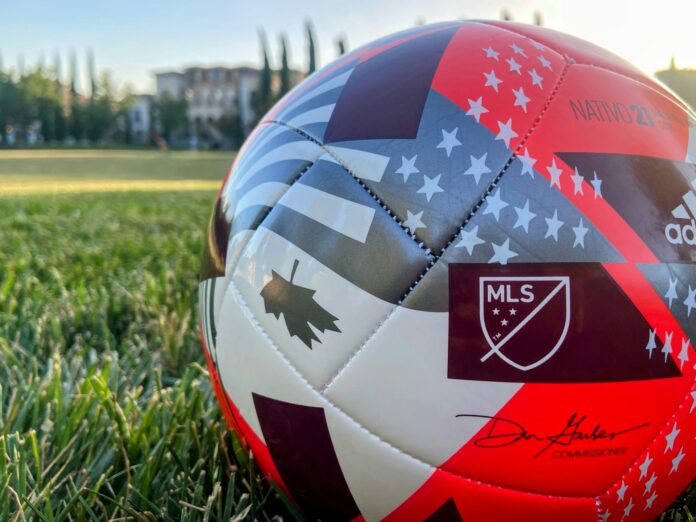The Structure and Cost of Football Trials
Football trials in the U.S. are a common pathway for aspiring players to showcase their skills to professional clubs. They are particularly popular among college graduates and young players aiming to break into the professional scene. However, the financial model of these trials is unique and often controversial.
Key Costs for Players:
- Administrative Fees: Organizers charge players anywhere from $50 to $500 simply to participate.
- Travel Expenses: Players must cover their own flights, which in a large country like the U.S., can quickly exceed $400–$800 depending on the distance.
- Accommodation and Meals: Multi-day trials often require several nights of lodging, adding another $300–$600 to the cost.
In total, participating in a single trial can cost a player $1,000–$2,000, depending on location and duration. For players attending multiple trials, the financial burden can be significant.
A Comparative Perspective: Trials in Europe vs. the U.S.
The U.S. trial system contrasts sharply with practices in Europe, where players are rarely required to pay for trials. In Europe:
- Clubs often invite players directly, covering their travel and accommodation costs.
- There is no administrative fee, the club bears the cost of organizing the trial.
- The focus is on evaluating talent, not generating revenue.
In the U.S., however, the financial model shifts the burden onto the players. Some argue that this is a necessity for lower-league clubs that operate on tight budgets, while others view it as an exploitative practice that prioritizes profit over talent identification.
Arguments in Favor of the Current System
Supporters of the U.S. trial system point to the financial realities of lower-league football:
- Operational Costs: Clubs in leagues like the USL Championship or League One often operate with limited resources. Trials are a way to offset costs while still giving players a chance to prove themselves.
- Opportunity for All: Open trials democratize the process, allowing players without connections or professional representation to get in front of scouts and coaches.
- Transparency: Many organizers clearly outline the costs upfront, giving players the choice to participate or not.
From this perspective, trials are seen as a fair exchange: players invest in their careers by paying a fee, and clubs provide them with an opportunity to showcase their abilities.
Criticism of the System
On the other hand, critics highlight several issues with the current model:
- Financial Barriers: The high costs exclude talented players from less affluent backgrounds, limiting the pool of talent available to clubs.
- Unclear Value: The administrative fees are often unexplained, leaving players and parents wondering how the money is used.
- Profit-Driven Practices: Some question whether trials are truly about finding talent or simply generating revenue, especially when clubs actively invite players but require them to pay all costs.
- Player Expectations: With hundreds of trialists in some cases, players may not receive the individual attention they expect, leading to disappointment and frustration.
The Role of Parents
Parents often play a significant role in these decisions. Desperate to see their children succeed, they may push for participation in multiple trials, even when the costs are overwhelming. This emotional and financial investment can lead to significant stress for families, especially when the outcomes are uncertain.
Parents must balance their hopes with the reality that only a small percentage of players will make it professionally. In the U.S., less than 1% of college soccer players go on to play at the professional level, and the odds are even slimmer for those outside the collegiate system.
The Ethical Debate: Opportunity or Exploitation?
The question remains: are these trials a genuine opportunity or a money-making scheme? Both perspectives hold merit:
As an Opportunity: Trials provide players with a chance to showcase their skills in front of scouts and coaches. For some, this could be the break they need to launch a professional career.
As a Potential Exploitation: The financial burden, coupled with the lack of guarantees, makes the system feel exploitative for many players. Without transparency or clear outcomes, the system risks being perceived as prioritizing profit over player development.
Conclusion: Leaving It to the Reader
The U.S. trial system is complex, and whether it’s a positive or negative depends largely on perspective. On one hand, it democratizes access and provides opportunities for players to pursue their dreams. On the other, the financial costs and lack of guarantees raise valid concerns about fairness and intent.
Ultimately, players and their families must make informed decisions about whether to participate. They should weigh the costs against the potential benefits, research the credibility of organizers, and keep in mind that a career in professional football is not the only pathway to success.

